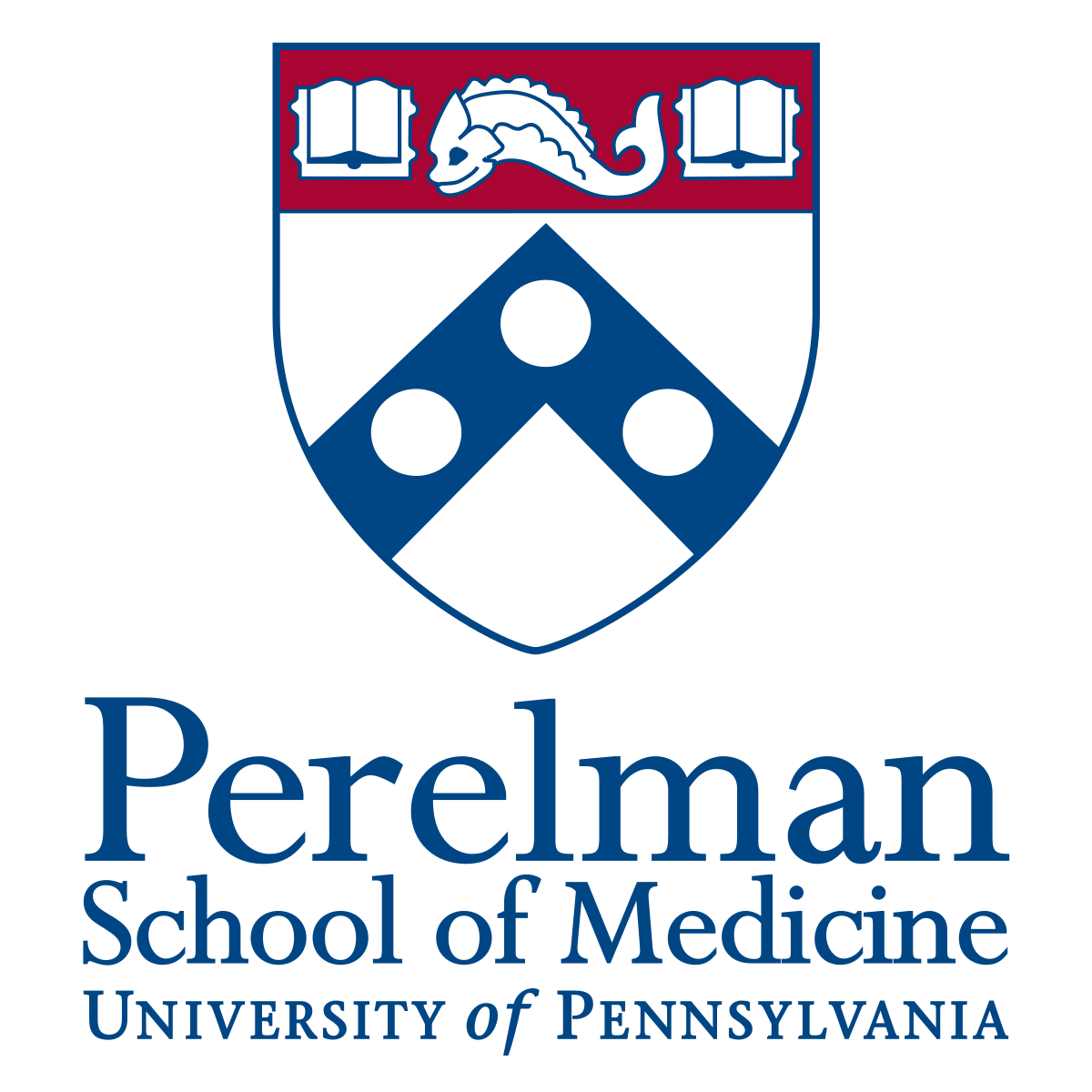Accomplishments

Robert J. Lee has a Bachelors of Science in Molecular Biology from the University of Pittsburgh and PhD in Cell and Molecular Biology from The University of Pennsylvania. Dr. Lee’s graduate work focused on lung physiology and cystic fibrosis (CF). He studied how submucosal exocrine gland cells secrete the fluid that lines and hydrates the surface of the airway. He assisted with identifying key molecular components of this process as well ways to potentially enhance fluid secretion in CF lungs.
Dr. Lee’s postdoctoral work in Noam Cohen’s lab at the University of Pennsylvania focused on the cells of the upper airway (nose and sinuses). They discovered that upper airway cells use taste receptors to detect chemical signals secreted by bacteria as a way of sensing and responding to infections. Genetic variation in these receptors contributes to susceptibility to upper respiratory infections as well as the chronic rhinosinusitis (CRS).
Dr. Lee’s current position bridging a basic science department (Physiology) and a clinical department (Otorhinolaryngology), coupled with my close partnerships with rhinologist-surgeons, puts me in a unique position to use my biochemical and optical expertise to study basic science mechanisms of airway cell chemosensation to identify novel therapeutic targets with real clinical potential.
Dr. Lee’s research over the past 13 years has focused on the physiology of respiratory epithelial cells. He has elucidated important mechanisms related to ion and fluid secretion, ciliary beating and mucociliary transport, antimicrobial peptide secretion, nitric oxide production. At the heart of my research has been a common theme of elucidating how epithelial cells sense and integrate complex signals to regulate physiological responses and how this is impaired in disease. While my research has employed molecular biology, biochemistry, and electrophysiology, my strongest expertise is in using optical microscopy of primary cells and tissue to monitor cellular signaling pathways in minimally invasive ways. As an undergrad, I gained 3.5 years experience in protein trafficking and biochemistry working in the laboratory of Jeffrey Brodsky at Pitt, and I went on to perform graduate work at Penn with Dr. Kevin Foskett, a pioneer of fluorescence microscopy of ion indicator dyes, gaining experience in both live-cell and immunofluorescence imaging. In Dr. Foskett’s lab, I produced a series of 5 publications identifying important mechanisms of airway submucosal gland secretion, identifying the IP3 receptor as a novel therapeutic target for cystic fibrosis.
My most recent focus has been on bitter (T2R) and sweet (T1R) taste receptors in the nasal epithelium. In my postdoctoral work with Dr. Noam Cohen, I used my optical expertise to establish techniques like calcium and nitric oxide imaging of primary nasal cells, which had not been previously done in that lab. In a series of two J Clin Invest papers, we identified T2R receptors as important regulators of immune responses and revealed novel aspects of their signaling. Dr. Cohen and I also published two primary papers about mechanisms or regulation of mucociliary clearance as well as several review articles and book chapters. This research is highly translational, resulting in a patent application for novel therapies (PCT/US2013/023185), numerous clinical publications related to the genetics of T2Rs in chronic rhinosinusitis, and a beginning phase II clinical trial (NCT02630472) of a bitter taste agonist (quinine) as a topical therapeutic for chronic rhinosinusitis.
Research Activities
Dr. Lee’s lab studies how airway cells sense and respond to pathogens and other external signals in order understand the pathogenesis of respiratory infections and discover new potential ways to treat them. They combine biochemistry and molecular biology with real-time optical measurements of cell physiology, including calcium signaling, ciliary beating, mucociliary clearance (MCC), fluid secretion, ion transport, nitric oxide production, antimicrobial peptide secretion, and cell proliferation and metabolism. By understanding host pathogen-interactions in the airway and the molecular basis of airway diseases, their goal is to identify novel molecular targets for new therapies.
Dr. Lee’s major scientific interests include chronic rhinosinusitis, cystic fibrosis, live cell imaging, calcium and nitric oxide signaling, antimicrobial peptides, epithelial ion transport, submucosal glands, and metabolic effects on innate immunity. The lab is working on a variety of projects, including the following; “Role of bitter taste receptors in motile cilia and identification of bitter compounds that activate them”. In summary, the bitter taste receptors (T2Rs) in motile cilia regulate important airway cell responses, including nitric oxide production and ciliary beating. Bitter taste receptors are an “early warning” arm of airway innate immunity, activating responses within seconds to minutes of sensing bitter bacterial products. The lab is studying the localization of bitter receptors in the airway as well as testing the effects of bitter compounds on endpoints of innate immunity and bacterial physiology.
“Role of sweet taste receptors in airway cell physiology and metabolism” studies how the sweet taste receptors (T1Rs) in airway solitary chemosensory cells sense airway surface liquid glucose and function in both innate immunity and airway cell metabolism. Dr. Lee is elucidating the function and signaling pathway of sweet taste receptors in several types of airway cells.
“Effects of hyperglycemia on airway cell innate immune responses” focuses on how hyperglycemia has been tied to an increase in both upper and lower respiratory infections. Patients with chronic rhinosinusitis have elevated nasal mucus glucose, because of epithelial damage from infection and inflammation. The lab is studying the effects of elevated glucose levels in primary upper respiratory cells to elucidate how cellular metabolic changes alter innate immune responses. and how nitric oxide production affects airway cell physiology.
“Elucidation of mechanisms of nitric oxide generation in the airway” is a final project studying how nitric oxide (NO) is an important mediator of upper respiratory defense. Dr. Lee is studying how airway cells make nitric oxide and how nitric oxide production affects airway cell physiology.
Dr. Lee’s Official Research Website
http://www.robleelab.com
